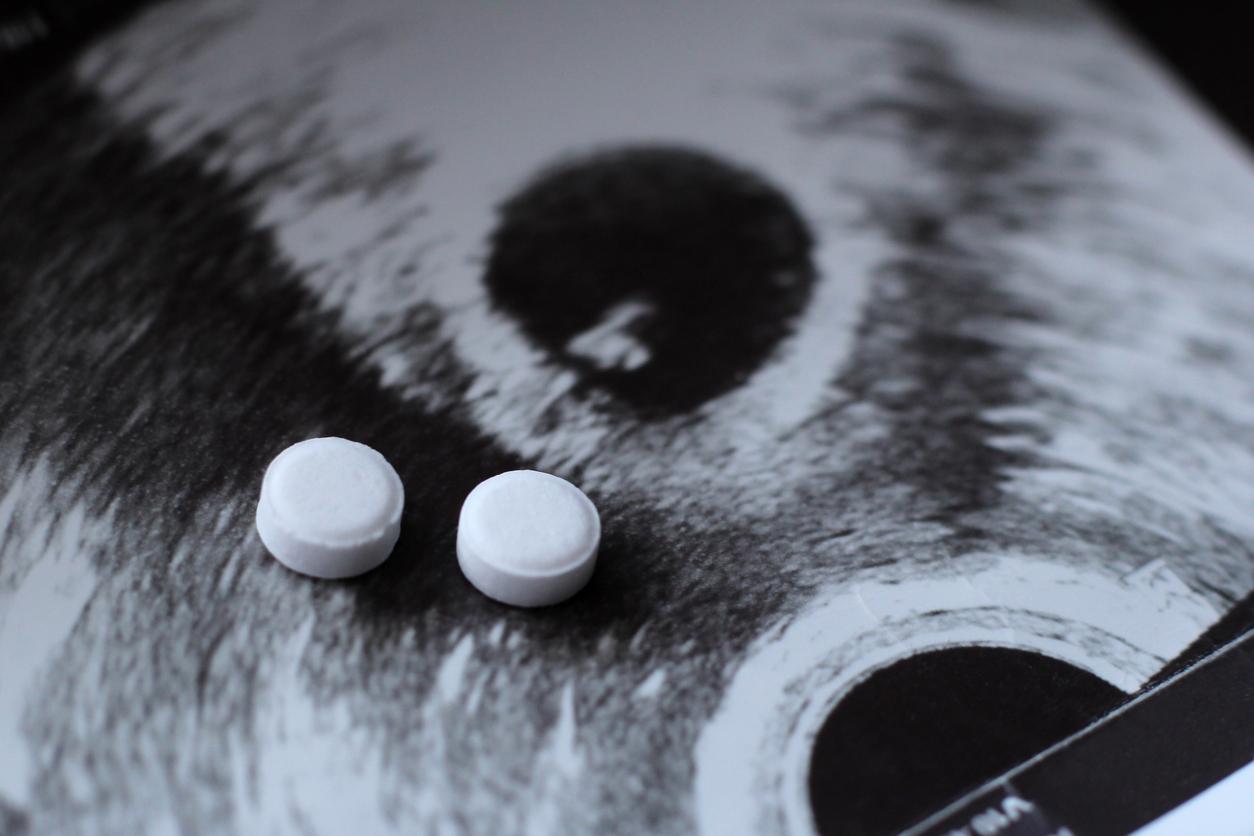Children have an increased risk of developing autism spectrum disorders, but also anxiety, depression or hyperactivity.

Antidepressants are not among the drugs banned during pregnancy, but taking them is a cause for concern. And it is difficult to navigate between the various studies that assess the risks associated with treatments.
Researchers are studying their impact on possible heart defects in children, and on their risk of developing autism spectrum disorders. Without their conclusions agreeing.
A new study, published in the BMJ, was carried out by the University of Aarhus (Denmark). And the results are not reassuring. They show that antidepressants would have an impact on children. They are more likely to develop psychiatric disorders, and not just autism.
A risk almost doubled
The study was carried out on nearly one million children born between 1998 and 2012. Among them, more than 32,000 developed a psychiatric disorder. By linking this data to taking medication, they were able to find an association.
They distinguished between women treated continuously, before and during pregnancy, from those treated before and who had interrupted when they learned that they were pregnant. A third group consisted of women who had started taking antidepressants during their pregnancy.
It is for the latter that the risk of developing a psychiatric disorder was highest in children: 14.5%, compared to a risk of only 8% in children whose mothers have never taken drugs. ‘antidepressants. Children whose mothers have not stopped their treatment have a risk equal to 13.6%, and those whose mothers have stopped the medication a little lower: 11.5%.
Other explanations
The fact that the results differ between the different groups suggests that antidepressants play a role. “Our results show that the medication appears to increase the risk, although heritability plays a role,” explains Trine Munk-Olsen, who tempers the results by pointing out that it is often the mothers whose symptoms are the most severe and continue to be treated during pregnancy.
Their child is therefore naturally more at risk, with or without medication, and the difference between the figures should therefore be put into perspective.
But the impact of antidepressants does not appear to be zero. It would slightly increase the risk of developing autism spectrum disorders, but also depressions, anxiety or attention deficit or hyperactivity disorders.
Depression riskier than drugs
These results are part of a series of studies with different conclusions. Some have formally ruled out the risk on the survival of the fetus or newborn, others have confirmed a risk of heart defect. But it is on the level of autism that they diverge.
A study published in JAMA Pediatrics had already concluded about an increased risk of 87%. This risk was then questioned in the same journal, a few months later. A third study, published this summer in the BMJ, had shown a slight increased risk of autism in women who took antidepressants during their pregnancy, but the researchers had called for caution on the results.
“The fact that an association exists between the two phenomena does not prove that there is a causal link, then commented for Science Media center Dr Michael Bloomfield, psychiatric researcher at University College London. There can be a multitude of other explanations. “
Faced with the moderate increase in the risk associated with taking antidepressants, the ANSM had, in 2016, called for restricting prescriptions, while nevertheless remaining measured. Because, in the opinion of all, the risks associated with interrupting treatment in women who really need it are much higher than those identified by the various studies on the subject.
.















